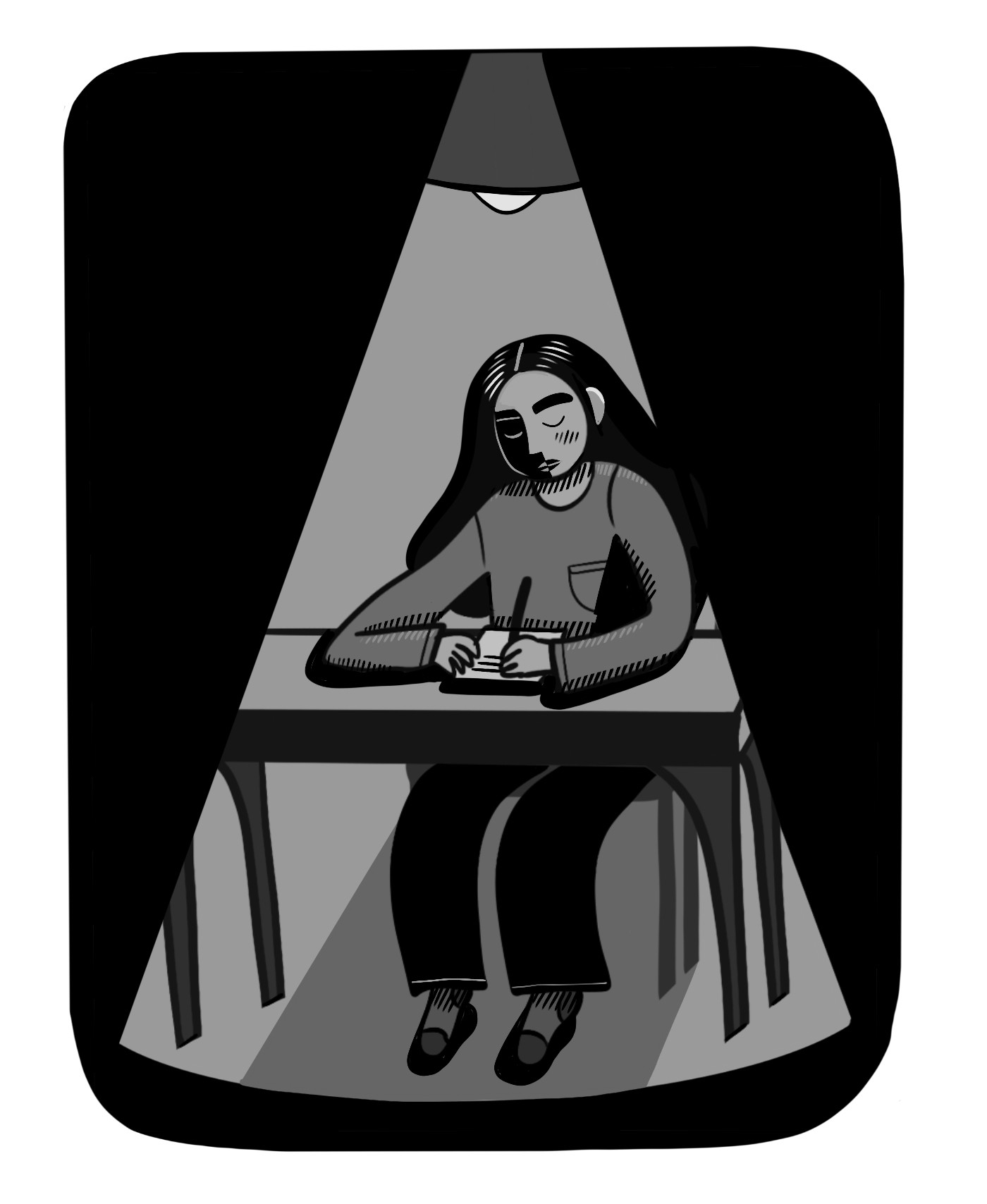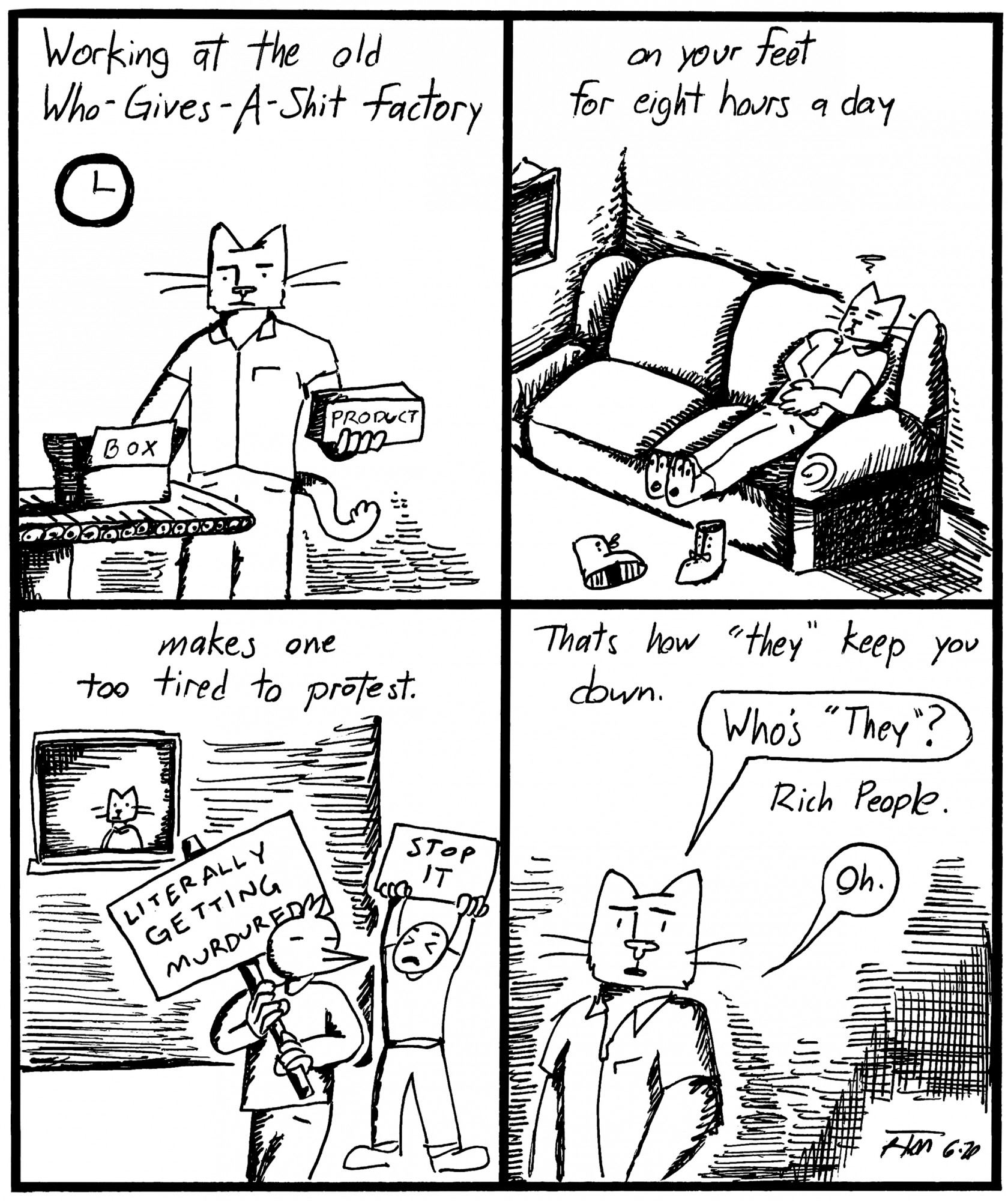Competition among our peers has been a concept ingrained in our brains since the early days of our high school careers. Being pit against one another for scholarships, spots on varsity teams and acceptance letters to colleges has led to toxic environments in which we are supposed to learn and thrive.
At times, writing an essay for your college application seems comparable to Moses’ parting of the Red Sea: What makes you worthy of crossing to the other side? For some schools, like here at the University of Minnesota, these essay prompts are optional. However, students take advantage of this offer to make up for lower grades or ACT scores — or for extenuating circumstances that inhibited them from performing to their normal ability.
Jordann Pharris, a freshman studying child psychology at the U, found this optional essay as an opportunity to make up for her high school GPA. She suffered from severe generalized anxiety throughout her high school career. She found it somewhat uncomfortable to express this struggle to the University, as she did not think they would understand it. Pharris felt as though her mental health struggle did not fit the traditional mold of adversity — “it’s kind of a personal … to have to explain something so deep and personal to yourself on your application just so they understand why you didn’t have like a 4.0, or why you didn’t do all of these extracurriculars.”
Writing about your personal experiences in an optional essay topic is not something to feel ashamed of. Nor should it be deemed luck for “uniqueness” on an application. Those who face adversity, whether that be due to their socioeconomic status, gender, sexuality or age, should not feel as though their experiences have to be their one-way ticket to college.
Deena ElGenaidi, a writer for Electric Literature, explains in a 2019 article the presence of a societal pressure on minority groups to express their adversity in a marketable way in order to seem appealing to institutions of higher education. This pressure on minority groups and similarly on students who have experienced unfortunate situations aids in the campus culture of competition. The tailoring of questions on essay applications that encourage candidates to tout their oppression has become an obstacle for incoming freshmen wanting to attend universities. This problem is also present when applying for graduate programs and scholarships.
The disadvantages of students should never be viewed as a leg up. These are problems that real people face, and by encouraging prospective students to capitalize on their strife, it can feel like you are being reduced to just your pain. Institutions and programs offer the option of essays to help assess the individual’s knowledge and experience at the time of application.
The University of Minnesota is a campus that doesn’t follow the trend of other universities that require an essay with each college application. Our campus is an example of how other universities should approach their admissions process. We should embrace who we are before we arrive and not be forced to bare our souls as we apply.










